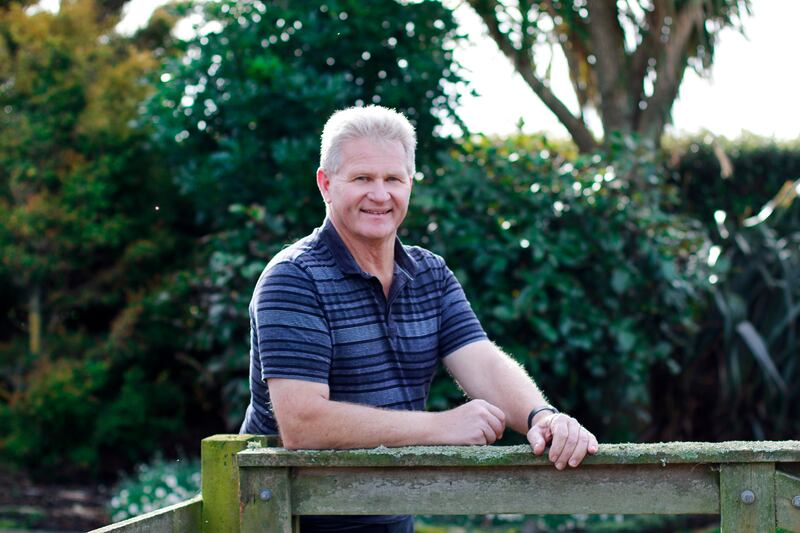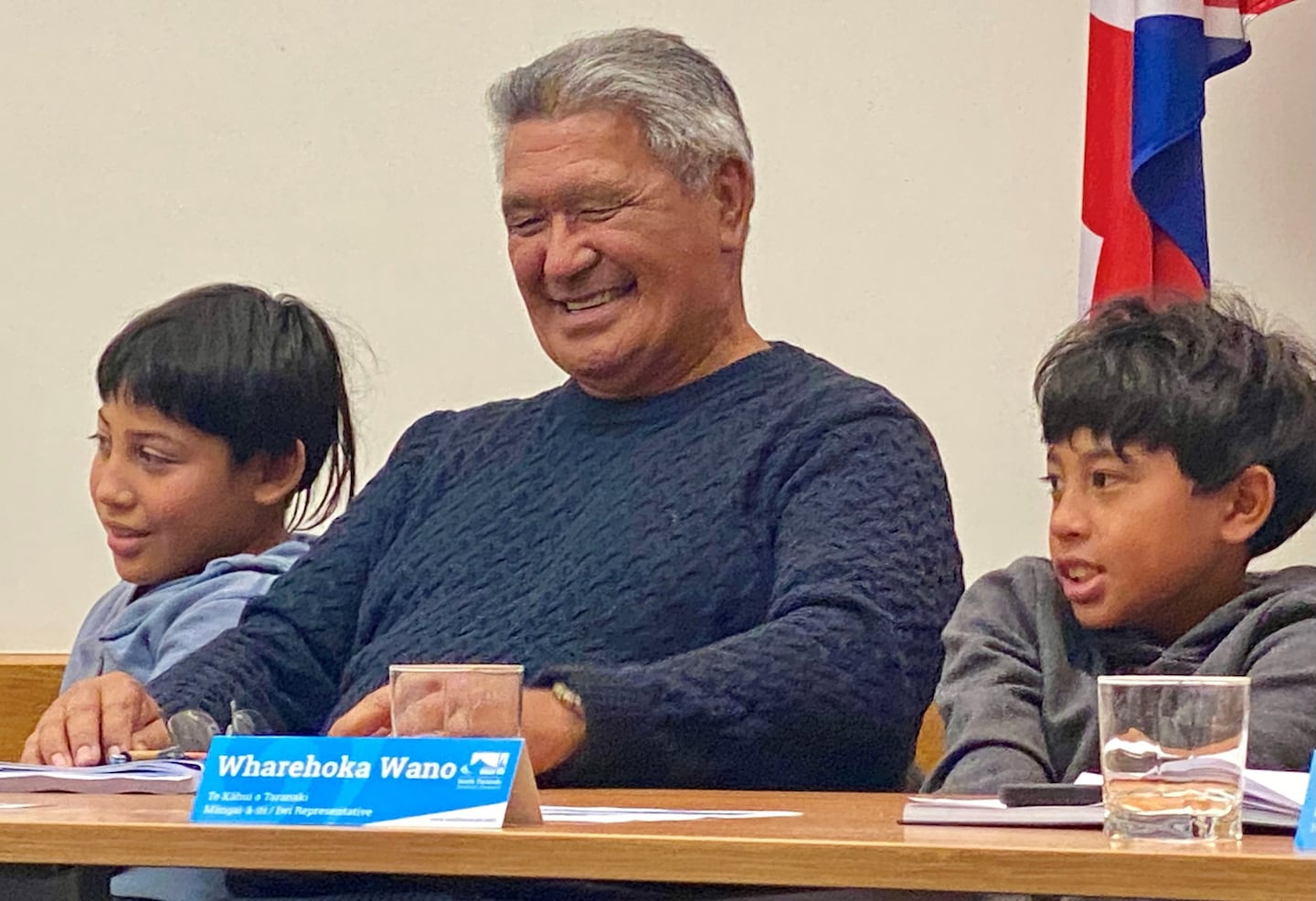South Taranaki’s mayor says his council will positively promote Māori wards ahead of this year’s referendum during local body elections.
A Hāwera councillor says there’s no point trying to convince stubborn racists and the focus needs to be on what he reckons is a majority of fair-minded voters.
The promise to promote South Taranaki District Council’s Māori wards came at the year’s first hui of its iwi committee Te Kāhui Matauraura.
Taranaki iwi representative Peter Moeahu said the council must counter ingrained, entrenched racist views by making clear the useful impact of Māori wards.
“Something positive should be made known by each council about Māori wards. Because if there isn’t, then there will be an assumption that they should be gotten rid of.”
STDC was the first council to unanimously vote in Māori wards in November 2020, with voters on the Māori roll eligible to choose their councillor at the 2022 elections.
Te Kūrae ward covers Ngāruahine and Taranaki to the west and north, and Te Tai Tonga ward covers Ngāti Ruanui and Ngaa Rauru Kiitahi to the south and east.
“I was wondering Your Worship what this council might do to counter the likes of the Hobson’s Pledge crowd who will be, I have no doubt, coming out hard-and-fast opposed to Māori wards,” Moeahu asked the mayor.
“Because I’ve found lately that there is still an ingrained, entrenched attitude about Māori from residents of South Taranaki, who also are members of the regional council,” he said, referring to the quashing of debate on the Government’s Treaty Principles Bill at Taranaki Regional Council, which is subject to a conduct complaint.
Mayor Phil Nixon replied that the council wanted the whole South Taranaki community around the table.
“I don’t have a problem with us as a council making it clear to the public that Māori wards have been good for us.”
Nixon pointed to iwi-selected committee members with voting rights on the likes of environment hearings and council portfolio groups.
“To me it was always a given that Māori wards would be an and-and, not a replacement – so we’ve done it all. Māori wards have worked well.”
Opponents of Māori wards in 2020 couldn’t convince five percent of South Taranaki voters to sign their petition for a referendum, so a poll wasn’t needed.
But local government minister Simeon Brown said the previous Government undermined the petitions.
“In late 2020 and early 2021, the petitions window for these communities happened at the same time as the previous Government was making announcements that the poll provisions were about to be removed.

Brown has demanded that councils wanting to keep seats for Māori hold a binding referendum at this year’s elections.
Referenda don’t apply to any other type of council seat.
Last year – at Local Government NZ’s AGM – 84 percent of councils voted against polling on Māori wards and constituencies when other seats don’t face that challenge.
All four Taranaki councils voted to keep Māori wards, and publicly objected to the Government-imposed referendum.
Ngāti Ruanui taiao officer Graham Young agreed STDC ought to publicise “the benefits of a partnership versus a non-partnership.”
“It will be tricky year – I agree with Peter that there are considerable entrenched views that to be honest will be hard to overcome.
“But that doesn’t prevent us presenting a positive view by iwi and council [about] what the partnership can deliver and… what it has delivered to this community.”
Te Kāhui Matauraura councillors were unanimous in support.
Deputy mayor and Pātea ward councillor Robert Northcott said councillors and candidates needed to tell voters “these are valuable members of council and we would prefer them to still be there”.
Northcott said people often asked his view.
“Dare I say being an older white gentlemen people are a bit open with me – and I certainly promote Māori wards.”
“I say, ‘well they don’t do any harm and it gives us a perspective from Māori that we might not otherwise get, so why would you get rid of them?’
“I’ve convinced some people and they say ‘aw ok then, righto, thanks for that’.”
Chief executive Fiona Aitken advised Te Kāhui Matauraura that council staff must stay neutral during the campaign.
But she said there was no problem promoting recent decisions councillors had made in support of Māori wards.
Te Hāwera ward councillor Andy Beccard said Māori wards bring in more peoples’ views and so lead to better decisions.
“You’re dead right, Graham, there’s a lot of people with entrenched ideas about working with Māori in South Taranaki. I know some of them personally, I try to convince them that they’re wrong.
“Those entrenched racist people you won’t turn around. But if you can get enough support from the people who have better ways of thinking and are progressive, I think that’s the better way to do it,” said Beccard.
“I believe there’re a lot more supportive [voters] than the minority of people who are not.’
Taranaki Coastal ward councillor Aarun Langton wasn’t breaking ranks.
“It’s adding to the conversation, adding to the value. I’ve only seen positive for the last three years.”
Moeahu reminded councillors what was at stake.
“If the referendum is lost, so are the Māori wards. And they are basically lost forever… unless there’s a change in central government policy.”
LDR is local body reporting co-funded by RNZ and NZ on Air



